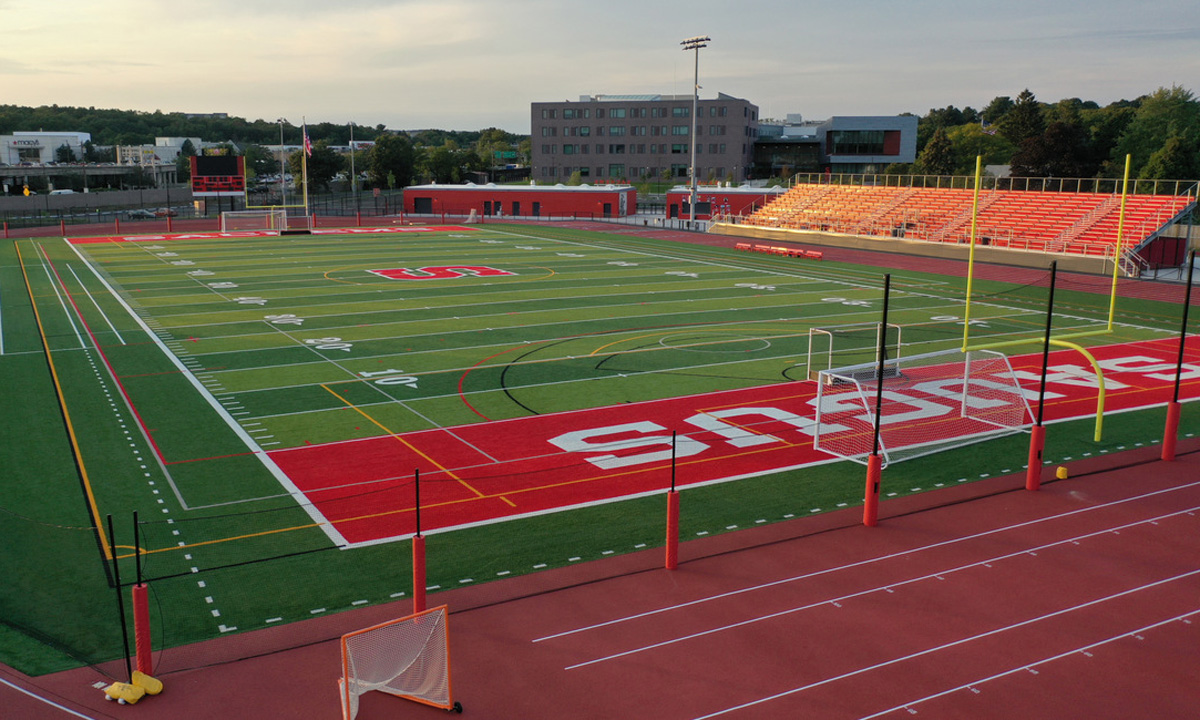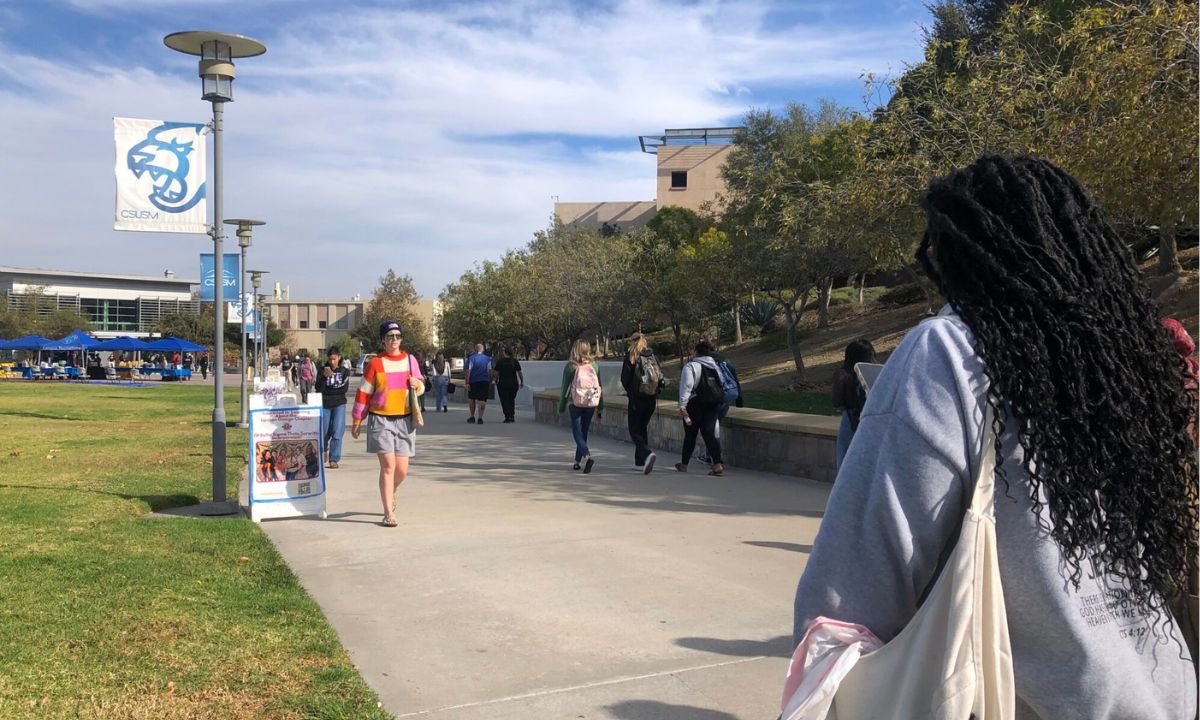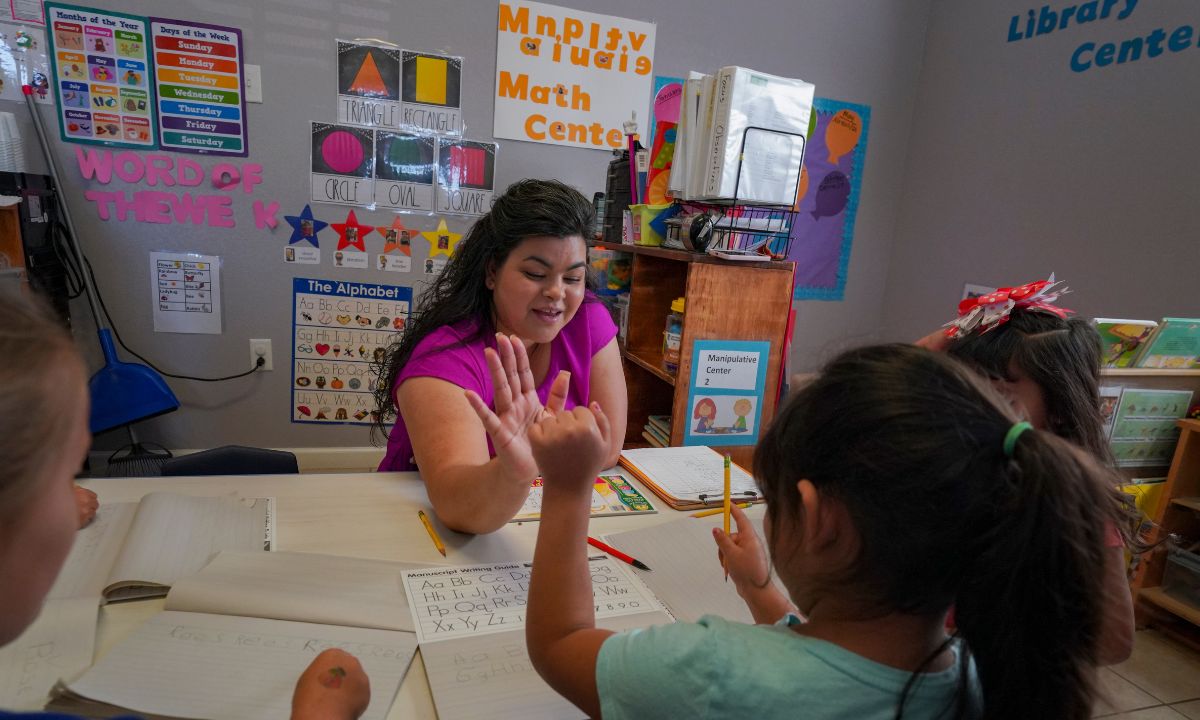After being sued on the grounds that the practice discriminated against immigrant children and other vulnerable kids, Saugus Public Schools, which are located just outside of Boston, will no longer need families to complete a town census as a requirement of enrollment.
Saugus’ policy shift contradicts other federal and state policies to limit newcomers’ access to education, especially those who are in the country illegally. In addition to recently barring undocumented children from Head Start and older students from vocational, technical, and adult education, the Trump administration has detained and deported K–12 students. Those federal guidelines have been halted in numerous states while a hearing is held on September 3.
Attorneys for Civil Rights, Massachusetts Advocates for Children, and Anderson & Kreiger LLP filed a legal challenge against the Saugus school registration requirement last year. The campaign was also supported by the office of the state attorney general.
Erika Richmond Walton, an attorney with Lawyers for Civil Rights, expressed her excitement, saying her organization will keep an eye on school enrollment to make sure all families may register without fear or needless obstacles.
Several Saugus school board members and district officials did not reply to The 74’s requests for comment. They have previously claimed that their enrollment practices complied with the law.
Richmond Walton claimed that the school’s turnaround was unexpected because the census provision was left out of a recent admissions policy order. Instead, the enrollment-oriented text focused on proof of residency and the district’s intention to find anyone who did not dwell inside its boundaries.
I was surprised by it, she said. We had been engaged in this battle for well over a year.
The state just passed the Protect Education Equity Bill, which upholds the educational rights of students with disabilities and immigrant children, at the same time as the latest development in the Saugus case. The Supreme Court’s historic 1982 judgment previously upheld the right of undocumented students to attend school, but some conservative states are challenging that decision.
When Governor Maura Healey signed the state’s proposal on August 5, Massachusetts Advocates for Children noted, “This law comes at a time of rising federal threats to civil rights.” Massachusetts has taken a strong stance to guarantee that rights for students with disabilities and immigrants are upheld domestically, even as federal safeguards for both groups are under threat.
According to Walton, the district in Saugus ordered families to complete a census form as part of an annual local headcount. She stated that they needed to obtain the document from town hall in order to comply. The town would then start inspecting their living quarters after they did, she claimed.
Because they were using space heaters to heat their home, a family with a child in elementary school was not allowed to fill out the form, she added. In a different instance, two families were paired together, and the family who attempted to enroll a child was not the leaseholder, so they were not eligible. In the end, Massachusetts Advocates for Children stepped in and allowed both to go to school.
The district’s reversal is crucial, according to Adam Strom, executive director of Re-Imagining Migration, a Boston-based organization.
According to Strom, it safeguards a basic right: every child’s ability to go to school. Discriminatory rules shouldn’t hold any student’s education hostage.
Since the beginning of the year, deportations targeting students of all ages have been occurring nationwide. While some have been removed from the United States completely, others have been in federal jail for weeks with little access to their families.
A Massachusetts adolescent was arrested by immigration officials on his way to volleyball practice earlier this summer, but he was eventually released.
The number of pupils serviced by the Saugus school district increased from 2,297 in 2021 to 2,462 in 2023. Two years ago, nearly 30% of students were classified as Hispanic or Latino, up from 20.6% in 2021.
In 2023, just under 10% of people were learning English, up from 6.3% two years earlier.
A year ago, Dianne Vargas, the secretary to the school superintendent, informed The 74 that new immigrant pupils were exempt from the census obligation.
However, in order to ensure that these students are with a parent or guardian and that they are truly being cared for, the district did require additional forms of documentation, she added, in order to prevent doubling up and the passing of children from one person to another.









